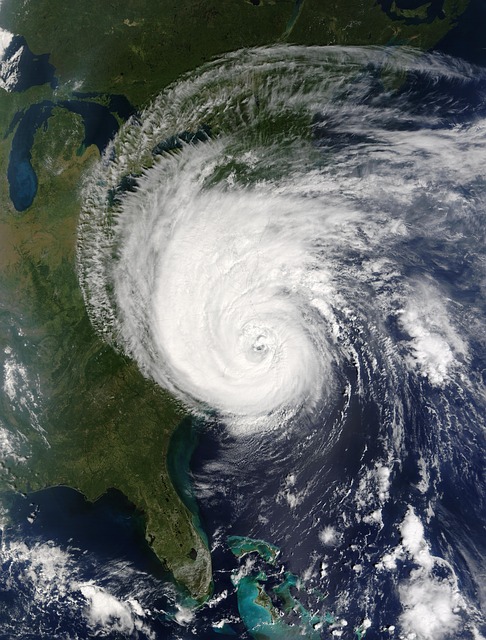Living in Central Florida means being prepared for the possibility of hurricanes during the annual hurricane season, which runs from June 1st to November 30th. While it’s impossible to control the weather, we can certainly take steps to prepare ourselves and our homes. Here is some information to help you prepare:
- Create an Emergency Plan: Create an emergency plan for you and your family. Discuss evacuation routes, designate meeting points, and ensure everyone knows how to contact each other in case of separation. Keep important documents in a waterproof container and make sure you have a list of emergency contact numbers readily available.
- Stock Up on Supplies: When a hurricane approaches, it’s essential to have an adequate supply of essential items. Create an emergency kit that includes non-perishable food, drinking water, batteries, flashlights, a first aid kit, necessary medications, and personal hygiene items. Plan for at least three days worth of supplies for each family member, including pets.
- Secure Your Home: Protecting your home from potential hurricane damage is crucial. Trim trees and shrubs around your property, secure loose outdoor objects, and bring in patio furniture. Consider investing in storm shutters or plywood to cover windows and doors. Reinforce your garage door, as it can be vulnerable during high winds. Additionally, ensure your roof is in good condition and repair any loose shingles or tiles.
- Review Insurance Coverage: Review your homeowner’s insurance policy to understand what is and isn’t covered in the event of a hurricane. Consider adding flood insurance if you live in a flood-prone area. Take photos or videos of the exterior of your home to show the pre-hurricane condition. Take inventory of your belongings by creating a detailed list and taking photos or videos of your home’s contents. Store this information in a safe place or digitally, so you can easily file a claim if needed.
- Stay Informed: Stay informed about the latest weather updates by monitoring local news and official weather channels. Sign up for emergency alerts on your mobile phone and follow credible sources on social media. Familiarize yourself with the hurricane categories and understand the associated risks. Be prepared to evacuate if authorities issue evacuation orders for your area.
- Safeguard Important Documents: Make digital copies of important documents such as passports, identification cards, insurance policies, and medical records. Store them securely in the cloud or on a portable hard drive. Keep the originals in a waterproof and fireproof container. Having access to these documents is crucial in the aftermath of a hurricane.
By creating an emergency plan, stocking up on supplies, securing your home, reviewing insurance coverage, staying informed, and safeguarding important documents, you can increase your preparedness and minimize the potential impact of a hurricane. Remember, early preparation is key to ensuring the safety and well-being of you and your loved ones. Stay safe, stay prepared, and weather the storm with confidence.
Disclaimer: This blog post is intended for informational purposes only and should not be considered as professional advice. Always follow guidance from local authorities and emergency management agencies when preparing for hurricanes or other natural disasters.

 Facebook
Facebook
 X
X
 Pinterest
Pinterest
 Copy Link
Copy Link


